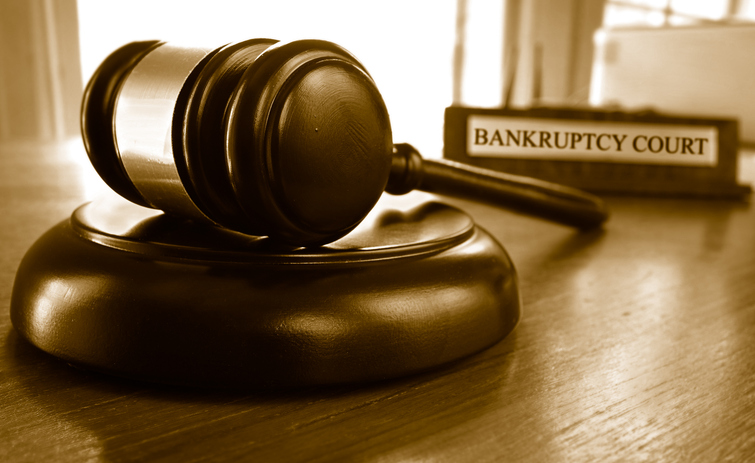
Are There Actions That Can Lead the Bankruptcy Court to Reverse the Discharge of a Debt?
When you file for protection under Chapter 7 of the bankruptcy laws, you have the right to permanently rid yourself of the legal obligation to repay certain debts. Under the bankruptcy laws, that’s referred to as the “discharge” of a debt. Once a debt is discharged, the creditor to whom the money was owed has no legal recourse to recover the money due.
But, it’s important to understand that a discharge may not be etched in stone. During and after a bankruptcy filing, you can expect to fall under intense scrutiny by the bankruptcy court. If the bankruptcy court discovers that you engaged in certain acts during the bankruptcy process, the discharge may be revoked. Here are some of the actions that can lead to the reinstatement of debt:
- You make a false statement on any document or you make false representations in a court proceeding. If the misrepresentations are construed as “material,” your discharge can be withdrawn. It’s important to understand that the misrepresentation can be a false assertion or an intentional omission.
- You destroy, dispose of, conceal or alter information regarding your financial health or condition, including documents of title to property or assets.
- You are unable to provide a reasonable explanation for the loss or dissipation of assets.
- You hide, remove, transfer or otherwise alter or destroy property that the bankruptcy court would have used to satisfy creditors.
- You fail to comply with any valid and enforceable order of the bankruptcy court.
Contact Heath, Texas | Bankruptcy Attorney Carrie Weir
At the Law Office of Carrie L. Weir, I provide a free initial consultation to anyone with questions or concerns regarding a personal bankruptcy filing. Contact my office by e-mail or call me at 972-772-3083 to schedule a private consultation. With offices in Rockwall, Texas, I represent clients in Heath, Greenville, Lavon, Wylie, Mesquite and Rowlett.








Speak Your Mind